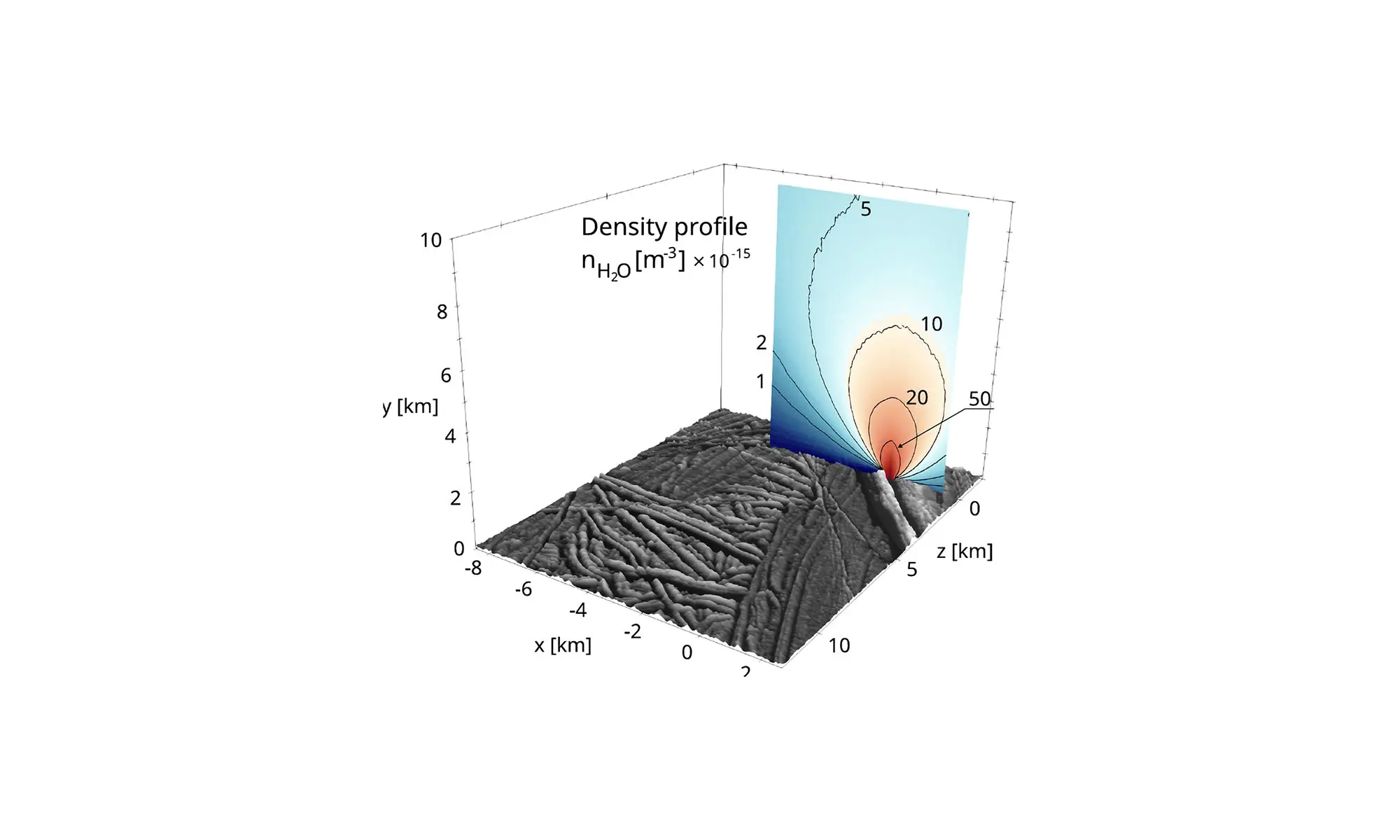EUROPA: A MODELER’S VIEW OF AN ICY MOON

PhDAER Seminar
Wednesday July 24, 2024, at 14:30 - Dipartimento di Scienze e Tecnologie Aerospaziali, Politecnico di Milano, Sala Consiglio DAER, Second Floor, Campus Bovisa, Via La Masa, 34, Milano (MI)
Under a thick shell of ice, Europa, one of the icy moons of Jupiter, has a liquid-water ocean that is suspected to host conditions favorable to life. Fractures in the surface ice expose the ocean to the vacuum environment and are believed to create planetary-scale water-vapor plumes.
Together with ESA’s JUICE mission, launched this past April, NASA’s Europa Clipper is scheduled to launch this fall, and will reach Europa in 2030. Clipper will conduct detailed studies of the geomorphology of the moon, its sub-surface ocean, and attempt an in-situ detection of the plumes. Modeling work is necessary in preparation for these missions.
In this presentation, after giving an overview of Europa’s main features, we will look at this moon from a numerical modeling perspective.
A particular focus is given to the surface temperature and to the simulation of plumes, that (i) are generated via evaporation/flash-boiling of the ocean surface, (ii) flow through the ice ridges and (iii) expand collisionlessly into the exosphere of the moon, further interacting with Jovian magnetospheric plasma.
The research presented in this seminar is carried at NASA Goddard Space Flight Center.
Speaker:
Dr. Stefano Boccelli graduated in Aerospace and Aeronautical Engineering at Politecnico di Milano. He then completed the Research Master program (ex Diploma Course) at the von Karman Institute for Fluid Dynamics (VKI), working on the atmospheric entry of meteoroids.
He did his PhD at PoliMi (jointly with VKI) under the supervision of Prof. Aldo Frezzotti, developing non-equilibrium fluid dynamic models for space propulsion devices, and he kept working along these lines during a postdoc at the University of Ottawa, Canada.
He is now an NPP (NASA Postdoctoral Program) Fellow at NASA Goddard Space Flight Center, where he still runs computer simulations of non-equilibrium gases in the context of planetary science.
Free admission, open to all members of the university community and the public, subject to availability.
17.07.2024